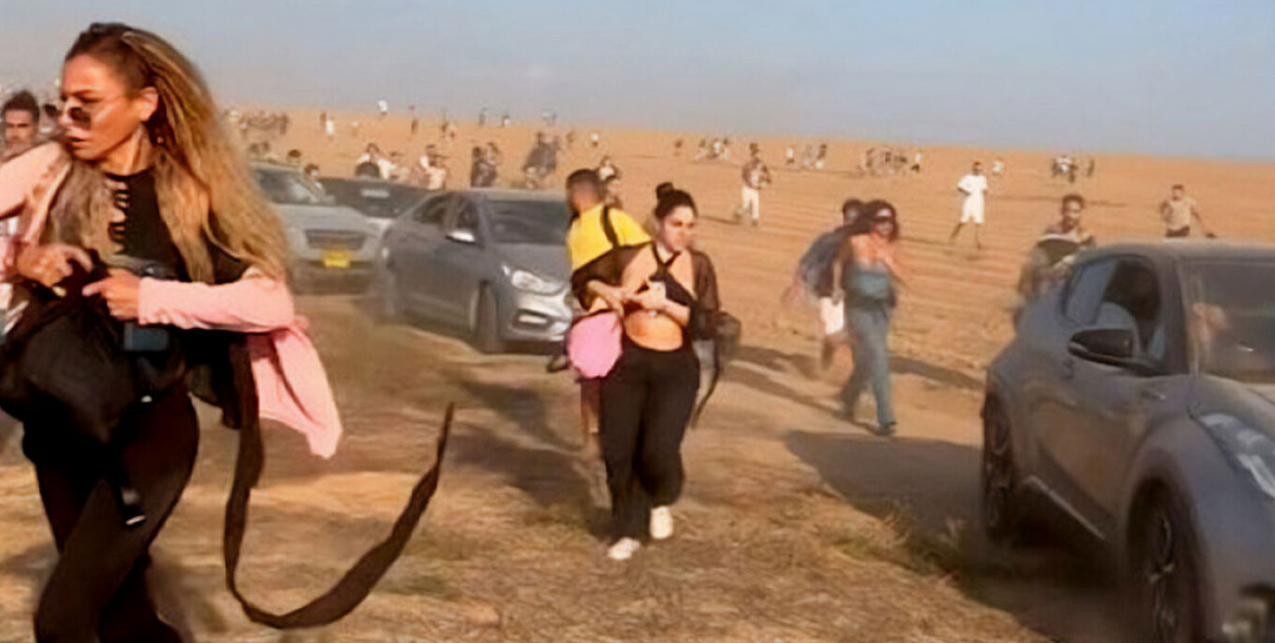It was early afternoon in early January when a drone struck a multi-story building in the southern suburb of Dahiyeh in Beirut, creating a huge hole. Firefighters and rescuers who arrived at the scene amid the sounds of sirens and car alarms were faced with a gruesome sight: from one end of the street to the other, human bodies were charred and dismembered.
The first responders collected the bodies and mutilated remains of seven men.
These men had participated in a high-level meeting between senior officials of Hamas and the Islamic Jihad, a Lebanese political faction that recently revived its armed wing to participate in the conflict with Israel.
Among the dead was Saleh al-Arouri, vice president of Hamas’s political bureau and co-founder of its armed wing, Politico writes.
He was also a senior military commander of Hamas for units based in the West Bank and a man the Tel Aviv government alleges orchestrated the October 7 attack in which about 1,200 people were killed and a total of 253 were taken hostage by Hamas.
So far, Israeli officials have not officially confirmed responsibility for the attack. Nor did they deny it, however.
Many of their statements suggest a campaign to locate and eliminate all those responsible for the attacks in southern Israel on military bases, homes, and a music festival.
The Kouloukounti Family: Shipping Passions, Feuds, and Tragedies
“Our position is that anyone in the Hamas leadership responsible for the massacre of October 7 will pay the price”, said Mark Regev, advisor to Israeli Prime Minister Benjamin Netanyahu, to reporters in Tel Aviv and added, “We will find them and justice will be served.”
Saleh al-Arouri was born in a village near Ramallah in the West Bank in 1966. Al-Arouri joined Hamas during the first Intifada, the four-year protests and riots that began in 1987.
>Related articles
He was imprisoned many times for his activities in Hamas. In 2018, the United States offered the not insignificant sum of five million dollars for information leading to his capture.
Shortly before his death, Arouri was asked by reporters if he was worried about being targeted.
“It was not uncommon for Hamas leaders to become martyrs. I think I have lived too much,” said the 57-year-old Arouri.
Ask me anything
Explore related questions





